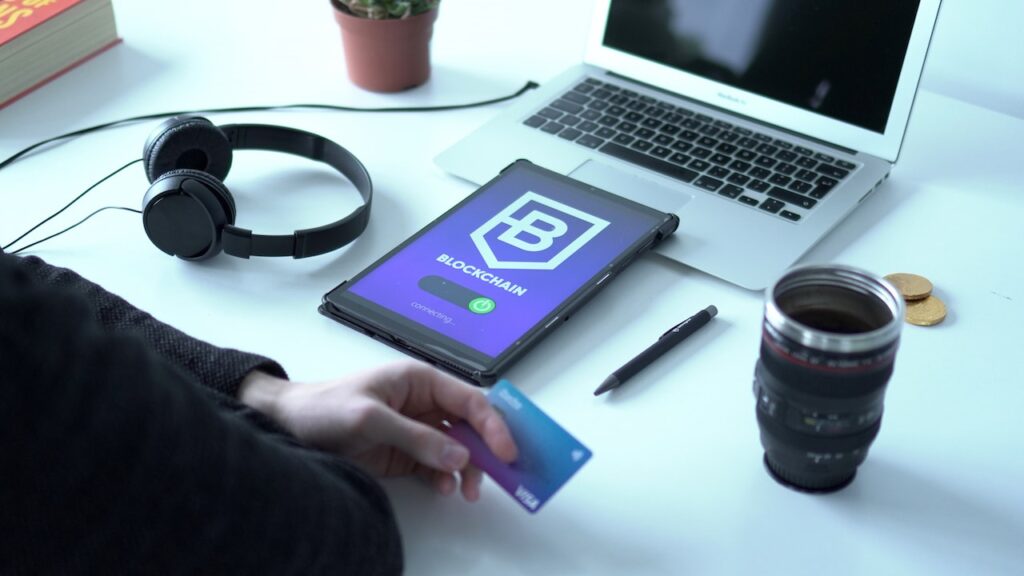Cryptocurrency exchanges are platforms where users can trade digital currencies for other assets, such as Bitcoin BTC, Ethereum ETH, Litecoin LTC, and regular currencies, like United States Dollars and Euros. Unfortunate, some cryptocurrency exchanges claim to charge zero fees, which isn’t entirely true. Therefore, how to choose cryptocurrency exchange is important.
Instead of charging you an outright, they charge a spread—that’s the difference between the rate at which they buy or sell cryptocurrency.
How Cryptocurrency Exchanges Work
Most cryptocurrency exchange function as a brokerage, acting as intermediaries between buyers and sellers. Users can deposit money into exchanges to buy cryptocurrency or deposit their own cryptocurrency to trade for other currencies, known as crypto-to-crypto spot trading.
For instance, when investors exchanging regular currencies at a bank (for example, converting USD to EUR), traders can expect to pay a fee for converting one cryptocurrency to another. In exchange for digital currencies, cryptocurrency exchanges accept a wide variety of payments, including credit card payments, ACH transfers, Visa debit cards, money orders and even gift cards.
Most exchanges allow traders to withdraw their crypto funds and transfer them to another wallet of choice. Other exchanges, for instance Robinhood and eToro, are not allowing transfer cryptocurrency out of their web wallets.
Cryptocurrency Exchange Fees
When trading cryptocurrency, traders pay two types of fees, which are trading fees and withdrawal fees.
Trading Fees
Trading fees may be charged as a flat percentage of the amount of crypto you buy or sell, or an exchange may differentiate between orders that are makers and those that are takers, charging a different percentage accordingly.
Makers are orders that add liquidity to an exchange, meaning they do not fulfill standing orders.
Takers, meanwhile, remove liquidity from an exchange by completing orders that are waiting for a trade. Depending on the exchange, maker fees are usually slightly less than taker fees, although this isn’t always the case.
Withdrawal Fees
Many exchanges charge fees to withdraw coins from their platform. This can be an issue if you prefer to move your asset to a third-party wallet or onto another exchange. Withdrawal fees typically vary by cryptocurrency platform.
Traders who anticipate moving their cryptocurrency off of an exchange, should choose a platform that allows a certain amount of fee-free withdrawals, like Gemini.
Other Fees
Traders who engage in more advanced trading strategies, like margin trading, should expect additional fees associated with borrowing money. Beginner-friendly exchanges like Coinbase and Gemini offer quick buy features that charge higher fees.
Also, if you make purchases using a credit card or debit card, you may be charged a premium by both the exchange and your card issuer.
Bitstamp
Bitstamp consider to be one of the best cryptocurrency exchange for low fees because of its highly competitive maker/taker fees, free bank account transfers and strong cybersecurity.
Bitstamp’s maker/taker fee schedule — ranging from 0.00 percent to 0.30 percent and from 0.03 percent to 0.4 percent, respectively — is one of the most affordable among all the exchanges currently operating in the United States and European Union EU countries. Bitstamp has the following features:
-
- Low trading fees and no spreads
-
- Supports multiple fiat currencies
-
- Funds can be withdrawn within 24 hours
-
- Regulated by the New York Department of Financial Services
Public
Public.com exchange consider to be a zero commission platform. Additionally, the platform is offering highly affordable trades, the exchange is also remarkably easy to use and provides substantial educational content. Public.com has advantages of:
-
- Zero commission
-
- Regulated by the SEC and FINRA
-
- Fractional stock investing availablity
-
- Volatility reminders on cryptocurrencies
-
- Social trading lets you see what others are buying and selling
Also, it is important to know that the platform focuses on stocks and ETFs first, meaning it lacks certain tools and operates fundamentally different from an actual cryptocurrency exchange. Most importantly, users cannot presently transfer crypto assets into or out of their Public account.
Robinhood
Robinhood is another exchange that claim to be commission-free investment platform. Users can trade limited cryptocurrencies in addition to stocks, ETFs, options and more. Robinhood have:
-
- No commissions and minimum account balance
-
- Exceptionally easy to use and start trading
-
- Heavily regulated by the Securities and Exchange Commission
However, Robinhood lacks the tools and features of a full-service cryptocurrency exchange. It has also been the target of numerous complaints from users and regulators regarding its dishonest business practices. For instance, Robinhood was fined 70 million by FINRA for misleading consumers in 2022 and involvement in the GameStop/meme-stock mania of 2021.
Finally, beyond fees, we strongly recommend that traders must consider other features and risks, like security, trading volumes, educational resources and whether an exchange lists the cryptocurrencies you’re interested in trading, when choosing an exchange to trade.
